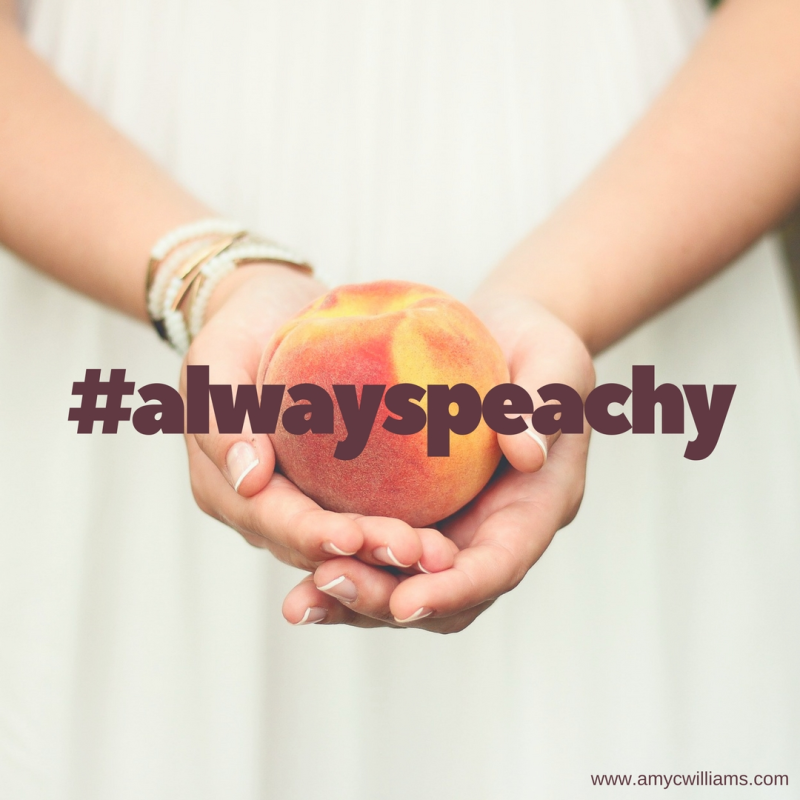Christians are called to rejoice. Did you know that? We’re supposed to rejoice. It’s all over Scripture. Over and over again. Rejoice in good times. Rejoice in bad times. Rejoice when we get what we want and when we don’t. Rejoice, rejoice, rejoice … and again I say, rejoice!
It’s even in today’s verse!

Penguin at the Sedgwick County Zoo – Wichita, KS
Today’s verse is Romans 12:12.
Rejoice in our confident hope. Be patient in trouble, and keep on praying.
But what is rejoicing? It’s not exactly one of those words we use a lot in our culture. For me, it usually only comes up when somebody is making fun of old-fashioned ways of speaking.
So, grammar and language nerd that I am, I decided to look it up on Dictionary.com. And this is what it had to say:
Rejoice (verb used without object): 1. to be glad; take delight (often followed by in ): to rejoice in another’s happiness. (verb used with object) 2. to make joyful; gladden: a song to rejoice the heart.
Again, I love words. So this caught my eye. That rejoice can be both a transitive verb and an intransitive verb, meaning that it can be used with or without an object. Not all verbs are like that. Let me rephrase for the non-grammarians who I know are rolling my eyes at me right now:
It means you rejoice because of something or it means that something makes you rejoice.
Maybe that sounds the same, but if you think about it, the context is completely different.
If something makes you rejoice, you don’t really choose it. It’s something so wonderful you just can’t help but be glad. But if you rejoice because of something, that doesn’t generally mean it’s something wonderful. That just means you choose to rejoice, and it can mean you choose to rejoice in spite of what has happened.
When I hear the phrase, “Rejoice in our confident hope,” my first reaction isn’t to think about hope. My first thought is an exclamation of how am I going to rejoice at all? In anything?
I’m exhausted. I’m stressed out. I’m worn down with waiting, and even though I’ve gotten some answers, they weren’t the answers I wanted. So how can I rejoice about all of that? Any rejoicing I do for any of that is likely to come off as half-hearted or sarcastic, and I don’t think God would appreciate that.
Remember the confusing discussion of transitive and intransitive verbs above? This use of rejoice is intransitive, meaning it doesn’t need an object. In my meager definition, it means you rejoice because of something. You choose it.
We can choose to rejoice in our confident hope, no matter what our circumstances are. Why? Because it’s confident hope.
So if you’ve had a great week and everything is going right in your life, that’s something that will make you rejoice.
But if you’re like me and have had a frustrating string of days where nothing goes as planned and you don’t get what you want and all you really want to do is stay in bed, choose to rejoice anyway.
If your hope is in Christ, it’s confident. Even if you don’t feel like it’s confident, it is. Because Christ is trustworthy. And He knows what you need. And He’s working everything out. And He never makes mistakes, and He always keeps His promises. Your hope is confident, even if you don’t feel like it is. And that means, you can choose to rejoice.
Try it. It makes all the difference in the world. And after a few days of choosing to rejoice, you’ll find it’s a lot easier to rejoice without thinking about it.










